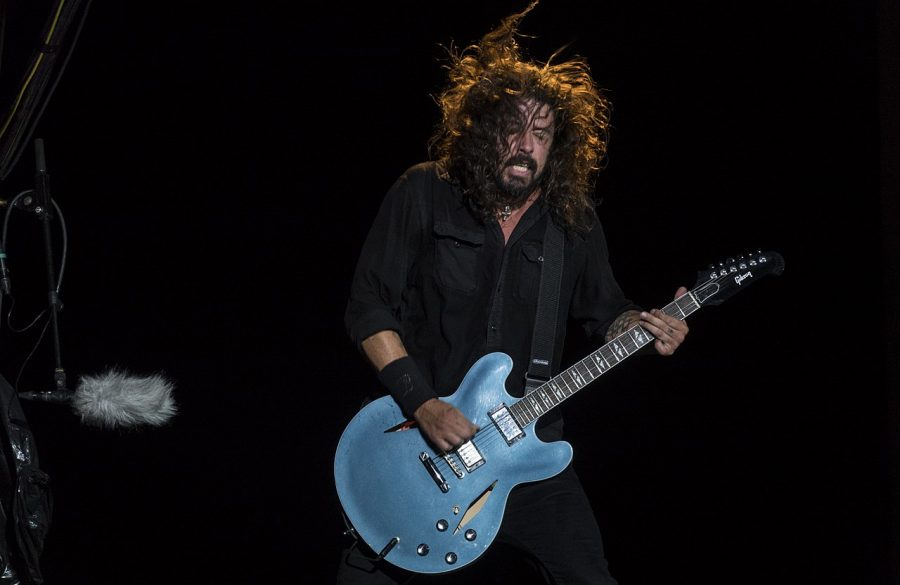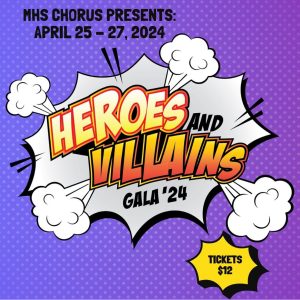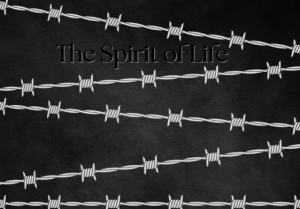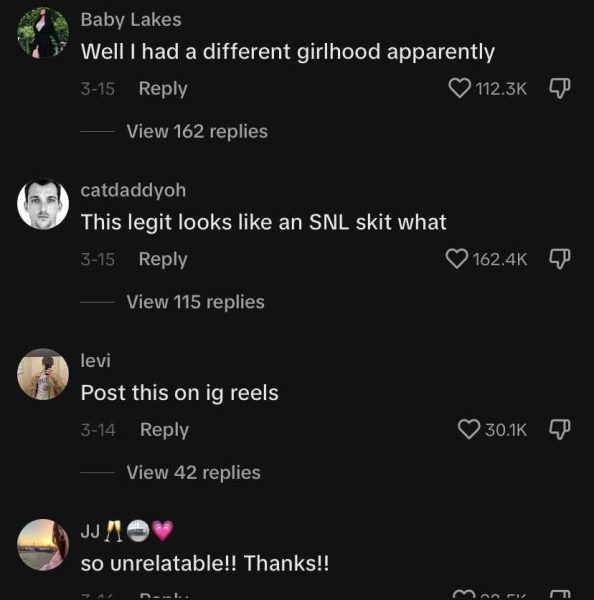Bland and Uninspired: Foo Fighters’ “Concrete and Gold”
Oct 31, 2017
The Foo Fighters, an alternative rock band founded by former Nirvana member Dave Grohl in 1994, have had their fair share of hits. According to a Rolling Stone Magazine readers poll, tracks like “Learning to Fly,” “Monkey Wrench,” “My Hero” and “Everlong” make up the best of the band’s catalog. While it’s inarguable that the band has crafted some awesome jams, they definitely aren’t writing anything as notable these days.
The Foo Fighters’ newest album, “Concrete and Gold,” was released on September 15, 2017. The fifty minute, eleven track album was the Fighters’ first collection of new material since the “Saint Cecilia” EP, which was released in 2015. Unfortunately, the album is composed of complete and utter filler material with few exceptions. The album’s lyrics lack any special meaning and the instrumentals bring no innovation or excitement to the table. It seems like this album was just a formality, with no intention of creating anything eventful or meaningful. The whole album is bland and uninspired.
“T-Shirt” starts the album with potential. As soon as the song’s quiet opening ends and the vocal harmonies begin, the horizon seems hopeful. The atmosphere of the song and the vocal harmonies give the song a friendly feel, and the song’s buildup is predictable but works well. The song could have been great, but it has a single fatal flaw: its length. The song is 1 minute and twenty two seconds long, ending far sooner than it should have. “T-Shirt” could have been fantastic if the band had developed it into a complete, 3-minute-long track. Instead, the song has potential but feels unfinished.
“Run”, the second track, is definitely the number 1 song on the album. “Run” binds polished production, crunchy guitars, and ’90s grunge-style vocals together. While rock bands like Linkin Park and Evanescence have traded in their heavy rock style for more radio-friendly pop arrangements, the Foo Fighters show that they still care about rock music with this song. Everything about combines perfectly and results in the best song the Foo Fighters have come out with in a long time.
“Concrete and Gold” starts falling short as soon as “Run” ends, however. Everything slows down and gets slushy with the songs “Make It Right” and “The Sky is a Neighborhood,” two slow-paced, bluesy songs. These two songs drag on for much too long and a very little amount of effort seems to have been put into them. The next song, “La Dee Da,” immediately starts off on the wrong foot. The guitars are over-distorted, Grohl’s slightly distorted vocals make the song even worse, and it drags on like the previous two songs.
“Dirty Water,” a more acoustic song, does a great job of cleansing the palate of the listener. Its quiet and soothing vocals and instrumentals are a great contrast to the overdone aura of the previous songs, but the song returns to the heavier sound of songs like “Run” after the second chorus. However, this time around, the distortion isn’t overdone, so the song maintains its integrity. What makes this song so refreshing is the acoustic sections; this is the first appearance of acoustic elements on the album, and it is a nice change of pace. “Dirty Water” is followed by “Arrows,” which starts out with a quiet, melodic intro, and gets heavier as the song goes on. The intro has a Coldplay-esque atmosphere to it, but the chorus reverts back to the classic Foo Fighters sound. The song’s simple structure and well-written instrumentals make it one of the best songs on the album, next to “T-Shirt” and “Run.” “Happy Ever After (Zero Hour)” is an acoustic, melancholy song that really makes the listener feel some emotion. Its chorus about how there are “no superheroes now” is a sad reflection on the world. The song is repetitive but perfect in length, so the song doesn’t feel unnecessarily elongated. These three songs together make up for the swampy tracks before them, but right when the album seems vindicated, the Fighters manage to screw it up again.
“Sunday Rain” immediately reverts back to the long, overdone formula of “Make It Right” and “The Sky is a Neighborhood.” The over 6 minute long song isn’t very interesting, and the song really should have ended around the 4 minute mark. “The Line” is by no means a bad song, but after the repeated structures and choruses of the 9 previous songs, “The Line” adds nothing new to the album. It just makes the listener even more bored. “Concrete and Gold,” the title track of the album, is a slow burner that is purely meaningless. The verses barely contain any lyrics and the spacey, listless atmosphere doesn’t benefit the song at all. It’s easy to tell that the Fighters were trying to channel their inner Pink Floyd for this song, but they failed on so many levels. “Concrete and Gold” ends this already drawn-out and pointless venture on a sour note, leaving the listener disappointed and most likely discouraged to listen to another Foo Fighters album.
“Concrete and Gold” is by no means a high tier album; none of its songs are especially notable or relevant to today’s musical landscape. The album is spacey and listless; in the grand scheme of the Foo Fighters’ career, the eleven songs that make up the album are completely dispensable. The second song of the album is the apex, and when the best is over after 5 minutes of a fifty-minute long journey, is the journey really worth going on in the first place? Hopefully, the Fighters’ next album will be more memorable than the filler that makes up “Concrete and Gold.”













